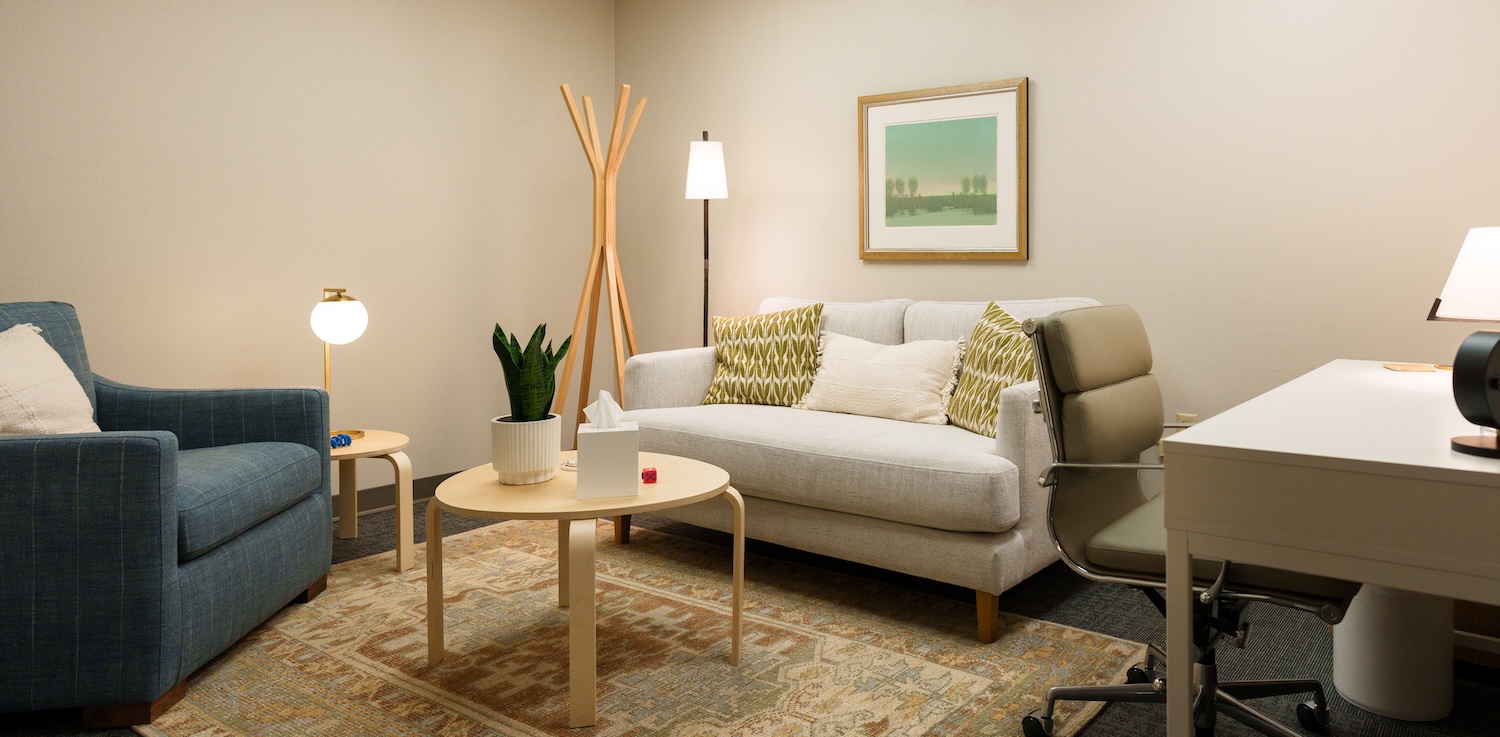Curiosity saved the cat

When I tell people I'm a licensed psychologist, I typically get one of two responses: "Oh, so are you analyzing me right now?" or "Do you just ask people lots of questions and listen?" Mostly, these questions seem to be informed by pop culture, movies/tv, and social media.
Despite years of training and practice, I have long struggled to describe what it is I do in a concise snippet for general consumption (i.e., most people's attention will wander before I finish this sentence, right?). To simply answer the most basic of questions — what do I do? — has eluded me at times.
My professors extolled the virtues of our helping profession: we are being trained to assess, treat, and care for those in need. This academic, heady, and values-based language is true, but it's not felt like my language.
The first few clients tested every ounce of courage and patience I could muster. I was filled with nervous energy, hoping that I could both takeoff and land this plane without a pilot's license. I tightly held my theoretical orientations, empiricism, interventions, supervisors' demands, and awareness of in-session surveillance of the work. I'd maintain the thread of the conversation, but lose sight of the intervention. I'd struggle to remember the goals for our work, as I wondered simultaneously whether my supervisor would watch the part where I said, "fuck" or "shit" or "f that shit."
Keep it together, Sam. Keep it together.
In the 13 years since my first counseling client, I have sat before unimaginable traumas, secrets (good and bad), and landmarks of life. There are clients who don't say much. Some who say a lot. Some who expect structure. Some who expect freedom to talk as they please.
At times, I bring my expertise to illustrate a concept, to draw attention, or help a client build a skill. Maybe we talk about the Stages of Change, Cycle of Abuse, or Cognitive Model for Panic. Perhaps I provide a specific assignment for a client to practice in between appointments. The work is as diverse as my clients' needs. I want to help them live more effective lives — whatever that looks like to them.
In other appointments, the work is heavy and my participation is essential. A client might come into my office and report about their plans to die by suicide, as their child waits in the lobby. A client might share about the death of their parent by their other parent. A client might explain how they were in the hospital, caring for a dying loved one.
Every session is different. Sometimes a client does want me to only listen for a "therapy hour" (roughly 50 minutes). And when that happens, I borrow a sort-of-paraphrased line from my mentor, Dr. Mark Benn: "Who else in your life will listen and only focus on you, consider your best interests from a more objective perspective, and stay actively engaged for 50 minutes?" Unless you have a mental health provider, my guess is not much.
Listening is one of the most underrated, denigrated, and underutilized skills in the human toolkit. Frustratingly, even the field of psychology downplays it. Listening is often remarked as a "basic" or "beginning" concept in therapy. And yet, it's one of the most foundational needs for counseling to work. Without listening, there is more discontent, disconnection, and dehumanization.
I come back to listening every session, but it somehow feels inadequate. Perhaps a better word for it is curiosity. I'm deeply curious as a value and in my practice. Without this key ingredient, everything seems to falter. I watch the nonverbals and consider the spoken words that clients are finding for their concerns. There's a power in the act of curiosity.
Sometimes I am silent, but oftentimes I'm engaged in questions and reflections with clients. I want them to know that I am curious in a non-judgmental way.
I aim to learn from everyone, and it's easy to do in some ways. I'll never have the exact lived experience as the person sitting before me. That is precisely what keeps me curious. Without it, what can I learn from a client if I assume I already know everything? What can I learn about me?
But try as I might to live close to my value for curiosity, this wanes over time — strained by the exhaustion of parenthood, a feeling of knowing more than I used to, or discounting what I could learn from another (especially in my personal life). Curiosity takes effort and devotion, and wastes away like muscle after an extended break from the gym.
The Greek Stoic philosopher, Epictetus, wrote:
"It is impossible to learn that which one thinks they already know."
Which brings me to today, and this first post to my new website, The Intake. Here, I'll be getting curious about psychotherapy, technology, and mental health policy. And I'll work to foster questions and endeavor to answer them. I hope you'll join me in doing the same.